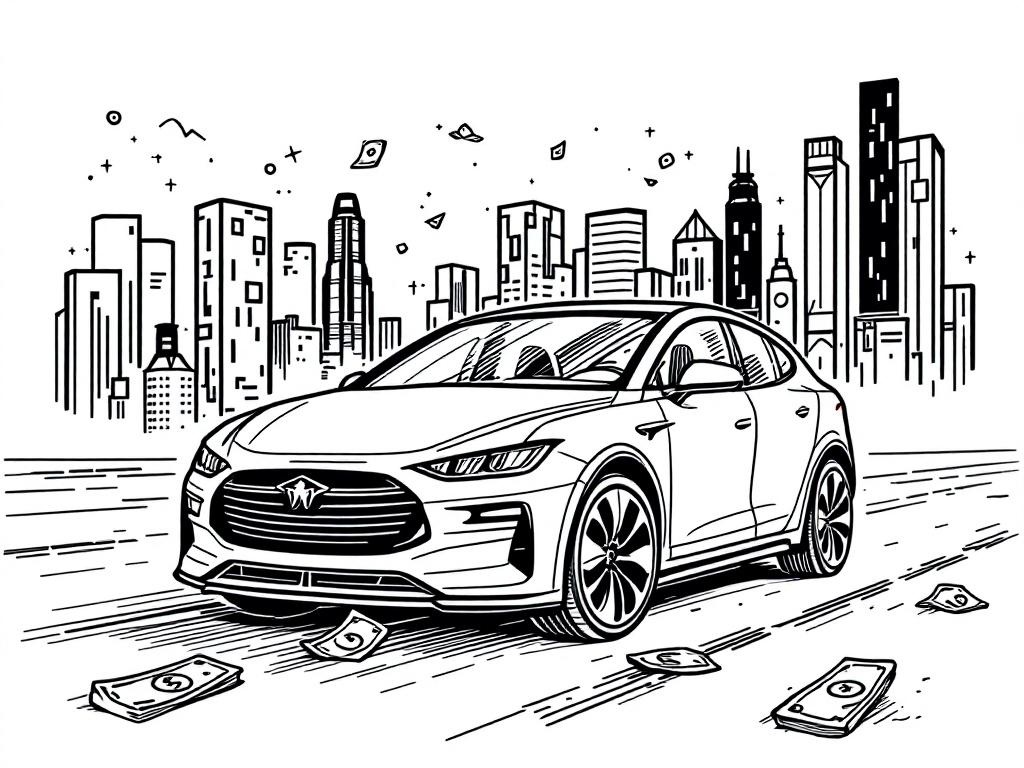China's Plan to End Electric Vehicle Subsidies by 2030

Beijing, Wednesday, 29 October 2025.
China plans to cease electric vehicle subsidies by 2030, potentially reshaping the global EV market as government support wanes and market dynamics take precedence.
The End of an Era for Chinese EV Subsidies
China’s decision to phase out subsidies for its electric vehicle (EV) industry by 2030 marks a pivotal shift in policy that has long supported rapid market growth. This move, part of the country’s latest five-year plan, underscores a transition towards allowing market forces to dictate the future of the industry [1]. Historically, China’s government invested heavily in the EV sector, pouring billions into subsidies that have helped domestic manufacturers like BYD thrive [1]. However, this strategy has also led to an oversupply and fierce competition among the 169 automakers operating in China, of which 93 have market shares below 0.1% [2].
Implications for the Global EV Market
As China steps back from its interventionist policies, the implications for the global EV market could be profound. With domestic competition intensifying and the market nearing saturation—evidenced by NEVs accounting for over 50% of China’s total auto sales by July 2024—Chinese manufacturers are increasingly looking abroad to sustain growth [1][3]. This strategic pivot could open opportunities for international players to fill potential gaps in the Chinese market, while also intensifying global competition [1]. Analysts predict that this shift may encourage overseas manufacturers to expand their presence in China, drawn by the prospect of reduced local competition [4].
Challenges and Opportunities
The withdrawal of subsidies presents both challenges and opportunities. While it may lead to a more self-reliant industry, capable of competing without government support, it also risks exacerbating existing market oversupply and undercutting smaller players unable to weather the intensified competition [2]. Companies like Xiaomi and Nio have preemptively responded by offering purchase-tax subsidies to ease the transition for consumers, reflecting a broader industry effort to stabilize sales amidst policy changes [5].
Future Prospects
Looking ahead, the Chinese government’s decision to allow market dynamics to take the lead could result in a significant restructuring of the EV landscape, both domestically and internationally. The era of easy government money may be ending, but the demand for innovation and efficiency is likely to drive further advancements within the industry. As the global market adjusts, China’s role as a leading EV powerhouse will continue to evolve, potentially setting new standards for sustainability and profitability in the sector [1][2].